The French healthcare system
Understand the French healthcare system and cancer treatments
The French healthcare system has a very good reputation, but it can be difficult to navigate through the administration, particularly if you are unfamiliar with the process, not bi-lingual, and (on top of everything) coping with the stress of a diagnosis.
CSF-Languedoc are able to provide practical support and advice to you through all or, if you prefer, just some of the key stages of cancer diagnosis and treatment.
Below is a short glossary of some of the most common terms you are likely to come across in your dealings with the French healthcare system:
- Carte Vitale
Medical care is accessed through being registered in the healthcare system, and a Carte Vitale is required as proof of eligibility. Recent arrivals in France may not have completed the registration and need advice. - Medecin traitant
Your first point of contact is usually with your local doctor. Your medecin traitant (similar to General Practitioner in the UK) will give you a prescription (ordonnance) to see a cancer consultant and for any initial scans. - Affection Longue Durée
Patients diagnosed with cancer are registered as Affection Longue Durée (ALD). Medical treatment associated with ALD is provided free of charge within the French healthcare system. . - Consultant
Appointments with a consultant are made by the patient, often by telephone. Patients (or their carers) often need advice or language support in this part of the process. - Scans
The consultant may request detailed scans to be carried out and these are generally carried out at specialist hospitals such as Institut du Cancer de Montpellier (ICM). - Treatment Protocol
The consultant will recommend a treatment protocol depending on the cancer diagnosis. This may involve radiotherapy, immunotherapy or chemotherapy and be carried out at a hospital or clinic.
- Palliative care
In some circumstances, patients can receive their treatment at home instead of hospital. Palliative care is provided through the Hospitalisation a Domicile (HAD) scheme.
What’s New in the World of Cancer Research?
Equitable cancer care at any age
“ … Ageism has particular relevance to cancer care, because most people with cancer are older adults, and cancer incidences are expected to increase globally as populations age. Older people can face barriers to treatment, including medical, social, and technological impediments, and support to overcome these barriers is often absent. However, even without these barriers, ageism, whether intentional or not, can affect clinical decision making, such that older people might not receive the highest quality care. …”
Editorial in The Lancet Oncology (April 2023)
https://www.thelancet.com/journals/lanonc/article/PIIS1470-2045(23)00115-8/fulltext
Revitalising cancer trials post-pandemic: time for reform
The COVID-19 pandemic posed significant risk to the health of cancer patients, compromised standard cancer care and interrupted clinical cancer trials, prompting dramatic streamlining of services. From this health crisis has emerged the opportunity to carry forward an unexpected legacy of positive reforms to clinical cancer research, where conventionally convoluted approvals processes, inefficient trial design, procedures and data gathering could benefit from the lessons in rationalisation learned during the pandemic.
British Journal of Cancer (2023)
https://www.nature.com/articles/s41416-023-02224-y
Nanotechnology in Cancer Diagnosis and Treatment
“Traditional cancer diagnosis has been aided by the application of nanoparticles (NPs), which have made the process easier and faster. NPs possess exceptional properties such as a larger surface area, higher volume proportion, and better targeting capabilities. Additionally, their low toxic effect on healthy cells enhances their bioavailability and t-half by allowing them to functionally penetrate the fenestration of epithelium and tissues. These particles have attracted attention in multidisciplinary areas, making them the most promising materials in many biomedical applications, especially in the treatment and diagnosis of various diseases.
Today, many drugs are presented or coated with nanoparticles for the direct targeting of tumors or diseased organs without harming normal tissues/cells. Many types of nanoparticles, such as metallic, magnetic, polymeric, metal oxide, quantum dots, graphene, fullerene, liposomes, carbon nanotubes, and dendrimers, have potential applications in cancer treatment and diagnosis. In many studies, nanoparticles have been reported to show intrinsic anticancer activity due to their antioxidant action and cause an inhibitory effect on the growth of tumors. Moreover, nanoparticles can facilitate the controlled release of drugs and increase drug release efficiency with fewer side effects.
Nanomaterials such as microbubbles are used as molecular imaging agents for ultrasound imaging. This review discusses the various types of nanoparticles that are commonly used in cancer diagnosis and treatment.”
Study of Nanoparticles for Photodynamic Therapy and Imaging (2023)
https://www.mdpi.com/1999-4923/15/3/1025
Algorithm offers new way to spot patients likely to respond to immunotherapy
Scientists have developed a new way of using cancers’ DNA to spot cancer patients who may benefit from immunotherapy. Researchers developed a computer algorithm to tell the difference between two different strategies that tumours use to hide from the immune system – one of which is better at dodging the effects of immunotherapy than the other. A team led by scientists at The Institute of Cancer Research, London and the Human Technopole in Milan found that the algorithm could help guide treatment by predicting whether immunotherapy is likely to work. It also tells us more about the evolutionary arms race between cancer and the immune system, potentially supporting efforts to diagnosis and treat cancers earlier.
The Institute of Cancer Research, London
https://www.icr.ac.uk/news-archive/algorithm-offers-new-way-to-spot-patients-likely-to-respond-to-immunotherapy?utm_source=Newsletters&utm_campaign=558786e549-EMAIL_science+highlights_March23_COPY_01&utm_medium=email&utm_term=0_bbfaf526e0-558786e549-358205160
